
Reading Log

These are NOT spoiler-free!
Not full reviews really - just a place to jot down my thoughts :)
Rating: ★★★✫✰ (3.5 stars)
This was an interesting read. I enjoyed how it explored multiple generations of characters and relationships in a relatively short amount of pages. The characters were distinct and their juxtaposition with each other had a lot to say about cycles of abuse, healthy vs. unhealthy relationships, and doing what you have to do to survive.
Unfortunately it was difficult to finish - not boring, just sometimes hard to understand and follow. What happens to T-Mo/Odysseus at the end also undermines what I thought the theme was building up. It seemed Odysseus was the "abusive side" of T-Mo in a literal symbol of the way abusers seem to have "sides" to them; victims cannot keep T-Mo (the funny and loving husband) without having Odysseus (the violent predator). However, in the end, the women that love him just... remove Odysseus and keep T-Mo, insinuating that this sexual and physical abuser was just a good person with a bad person inside of him.
Still, I would recommend this book if you want to explore intergenerational trauma in a novel-length fantastical setting. I think there might be more engaging reads out there on the subject, but this still has interesting things to say.
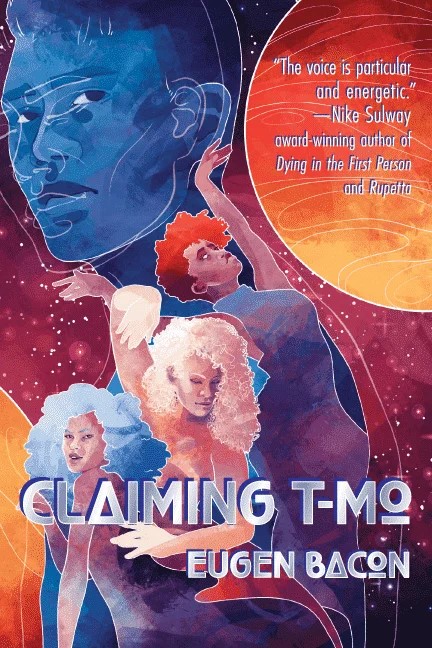 "In this lush interplanetary tale, an immortal priest flouts the conventions of a matriarchal society by choosing a name for his child. The act initiates chaos that splits the boy in two, unleashing a Jekyll-and-Hyde child upon the universe: named T-Mo by his mother and Odysseus by his father. The story unfolds through the eyes of these three distinctive women: Silhouette, Salem and Myra - mother, wife, and daughter. As they struggle to confront their fears and navigate the treacherous paths to love and accept T-Mo/Odysseus and themselves, the darkness in Odysseus urges them to unbearable choices that threaten their very existence."
"In this lush interplanetary tale, an immortal priest flouts the conventions of a matriarchal society by choosing a name for his child. The act initiates chaos that splits the boy in two, unleashing a Jekyll-and-Hyde child upon the universe: named T-Mo by his mother and Odysseus by his father. The story unfolds through the eyes of these three distinctive women: Silhouette, Salem and Myra - mother, wife, and daughter. As they struggle to confront their fears and navigate the treacherous paths to love and accept T-Mo/Odysseus and themselves, the darkness in Odysseus urges them to unbearable choices that threaten their very existence."
Rating: ★★★✫✰ (3.5 stars)
I've seen a lot of reviews about how this is unlike any book they've read before, and I for sure agree.
It was genuinely hard for me to finish, due to its behemoth size and the circularity + relative directionlessness of the plot. However, parts that went nowhere and were never expanded upon were bookends to beautiful prose and extremely poignant ideas. The ever-present metaphor of the endless hungry road really emerged as the book continued. It depicts an African country in political upheaval, caught between worlds and dragged towards capitalism and industrialization, and likens it to a struggling cycle of death and rebirth as experienced by the spirit-child Azuro.
Would I read it again? No - I'll pass it along. Sometimes my attempts to push through would give me a headache, and I had to force myself to finish, so unfortunately while the circular narrative and hefty descriptions of spirits served to develop the book's message and metaphors, for me there was just so much listless wandering around that it knocks the score down. But I'm very glad to have come across it and read it.
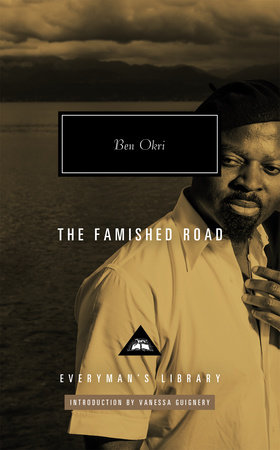 "The narrator of The Famished Road is a spirit-child who exists between life and death, destined to an endless cycle of death and rebirth. But this time, born with a smile on his face, Azaro begins to fall in love with life and to rebel against his fate. The story the child tells flows between the difficulties of the land of the living and the carefree world of spirits. Okri infuses a vivid portrait of an unnamed West African country with the rich traditions of African mythology and the result is a powerfully haunting masterpiece."
"The narrator of The Famished Road is a spirit-child who exists between life and death, destined to an endless cycle of death and rebirth. But this time, born with a smile on his face, Azaro begins to fall in love with life and to rebel against his fate. The story the child tells flows between the difficulties of the land of the living and the carefree world of spirits. Okri infuses a vivid portrait of an unnamed West African country with the rich traditions of African mythology and the result is a powerfully haunting masterpiece."
Rating: ★★★★✫ (4.5 stars)
This was so original and gripping! I became so invested in the relationship between Binti and Okwu. The book's main question is that of identity, and this is explored through multiple avenues: who are you when you're away from home for the first time? Who are you when your life plans completely change? Who are you when your very DNA changes and your body becomes unfamiliar?
Some plot elements felt a bit underdeveloped or confusing, but to me the rest of the trilogy was worth some weaker points. I highly recommend!
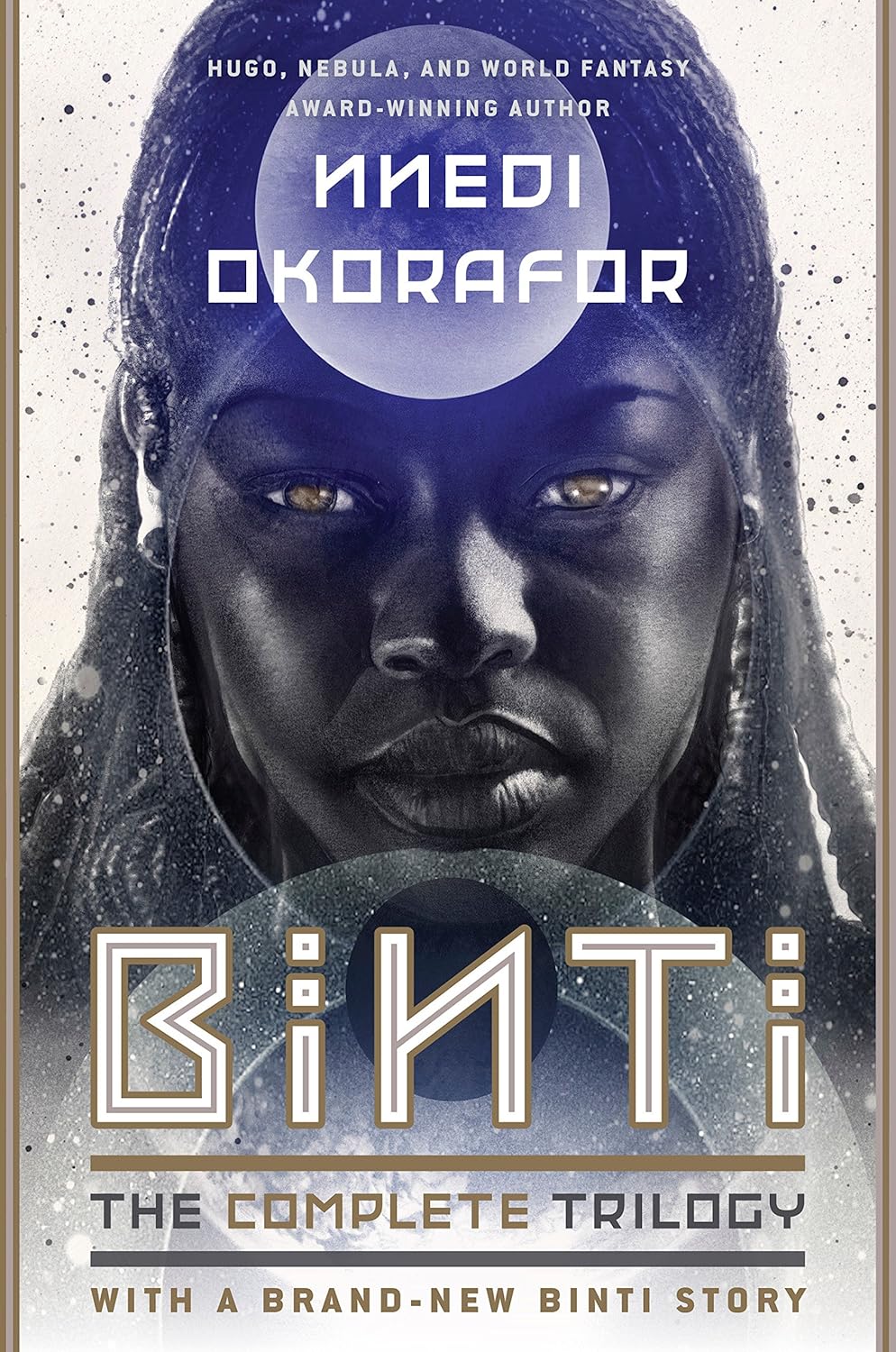 "In her Hugo- and Nebula-winning novella, Nnedi Okorafor introduced us to Binti, a young Himba girl with the chance of a lifetime: to attend the prestigious Oomza University. Despite her family's concerns, Binti's talent for mathematics and her aptitude with astrolabes make her a prime candidate to undertake this interstellar journey. But everything changes when the jellyfish-like Medusae attack Binti's spaceship, leaving her the only survivor. Now, Binti must fend for herself, alone on a ship full of the beings who murdered her crew, with five days until she reaches her destination. There is more to the history of the Medusae--and their war with the Khoush--than first meets the eye. If Binti is to survive this voyage and save the inhabitants of the unsuspecting planet that houses Oomza Uni, it will take all of her knowledge and talents to broker the peace."
"In her Hugo- and Nebula-winning novella, Nnedi Okorafor introduced us to Binti, a young Himba girl with the chance of a lifetime: to attend the prestigious Oomza University. Despite her family's concerns, Binti's talent for mathematics and her aptitude with astrolabes make her a prime candidate to undertake this interstellar journey. But everything changes when the jellyfish-like Medusae attack Binti's spaceship, leaving her the only survivor. Now, Binti must fend for herself, alone on a ship full of the beings who murdered her crew, with five days until she reaches her destination. There is more to the history of the Medusae--and their war with the Khoush--than first meets the eye. If Binti is to survive this voyage and save the inhabitants of the unsuspecting planet that houses Oomza Uni, it will take all of her knowledge and talents to broker the peace."
Rating: ★★★★✰ (4 stars)
I really liked this space fantasy! It was short and compelling, but managed to create the impression of a wider world that you're just getting a glimpse of. It starts in the aftermath of a wider issue and I enjoyed reading a story where massive conflict is just behind, not just ahead. I enjoyed seeing the main character learn to open up after a long time alone post-conflict. I couldn't really care for the romance between her and her love-interest, but romances are very hard to convince me of, so I don't knock the book for that and thought they had some nice moments.
Ultimately, 4 stars just because I wasn't totally blown away I suppose, but it's a subtler book with some interesting woven worldbuilding, and it made me interested in the author's other works!
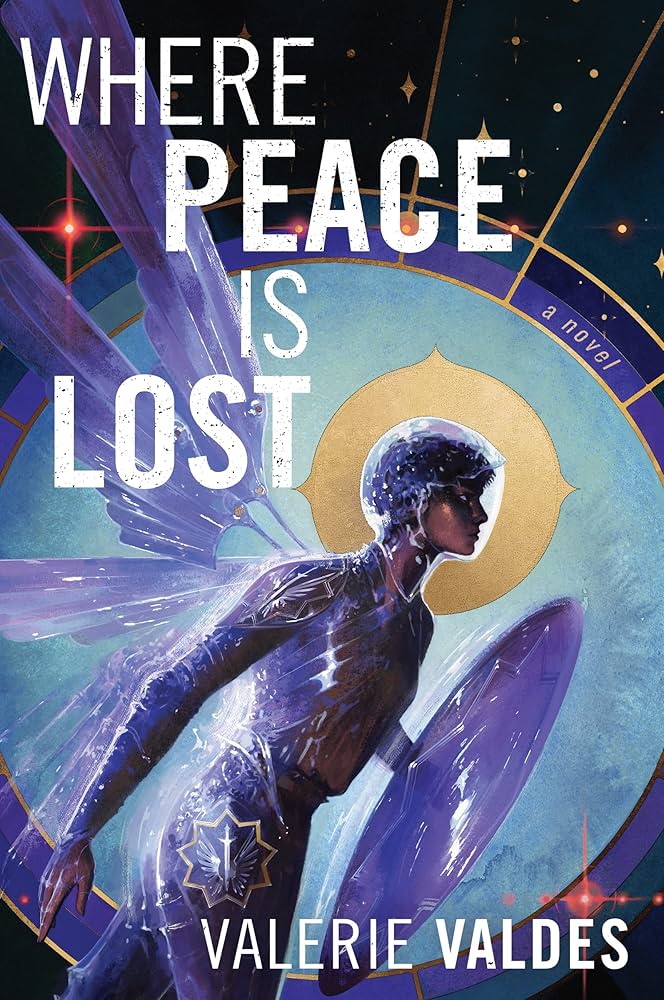 "Five years ago, Kelana Gardavros lost everything in the war against the Pale empire. Now Kel Garda is just another refugee living on the edge of an isolated star system. No one knows she was once a member of an Order whose military arm was disbanded and scattered across the galaxy. And no one knows that if her enemies found her, they might destroy the entire world to get rid of her. Kel’s past intrudes in the form of a long-dormant Pale war machine, suddenly reactivated. If the massive automaton isn’t stopped, at best it will carve a swath of devastation that displaces thousands of people. At worst, it will kill every sentient creature on the planet. When two strangers offer to deactivate the machine for a price, Kel and a young friend agree to serve as their guides. The journey through swamps infested with predators and bandits is bad enough, but can they survive more nefarious dangers along the way? And will Kel’s fear of revealing her secrets doom the very people she’s trying to protect?"
"Five years ago, Kelana Gardavros lost everything in the war against the Pale empire. Now Kel Garda is just another refugee living on the edge of an isolated star system. No one knows she was once a member of an Order whose military arm was disbanded and scattered across the galaxy. And no one knows that if her enemies found her, they might destroy the entire world to get rid of her. Kel’s past intrudes in the form of a long-dormant Pale war machine, suddenly reactivated. If the massive automaton isn’t stopped, at best it will carve a swath of devastation that displaces thousands of people. At worst, it will kill every sentient creature on the planet. When two strangers offer to deactivate the machine for a price, Kel and a young friend agree to serve as their guides. The journey through swamps infested with predators and bandits is bad enough, but can they survive more nefarious dangers along the way? And will Kel’s fear of revealing her secrets doom the very people she’s trying to protect?"
Rating: ★★★★✰ (4 stars)
Really good near-future speculation on a species that evolves language so very unlike our own!
There's an impressive amount tackled in this book, from automation-for-profit to artificially-intelligent "people" to capitalistic greed and to forced labor in fisheries. While the most exciting things were the entirely fictional elements, like the futuristic tech and the language that octopi would develop, this book laid down explorations of a myriad of current real-world issues. I picked this book up for the linguistic fiction and stayed for the commentary about nature, capitalism, and consciousness.
I do feel like some ideas were underdeveloped, but writing this review now, the actual issues I had with this book escape me, so it left quite the positive impression.
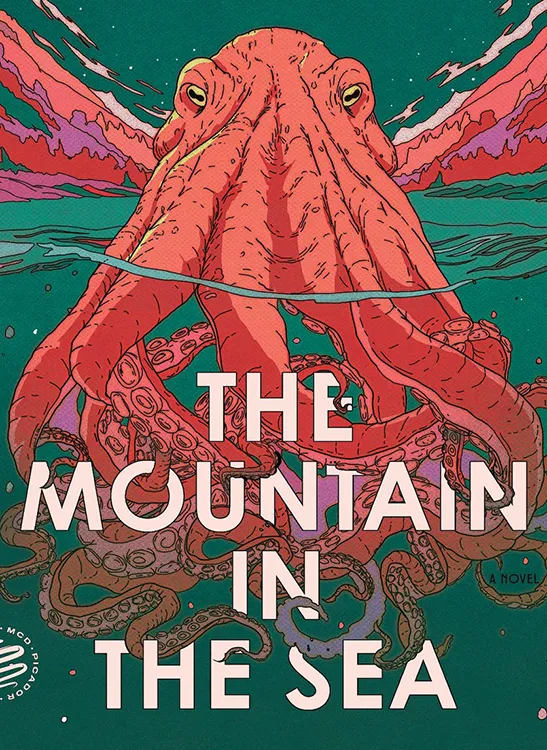 "The transnational tech corporation DIANIMA has sealed off the remote Con Dao Archipelago, where a species of octopus has been discovered that may have developed its own language and culture. The marine biologist Dr. Ha Nguyen, who has spent her life researching cephalopod intelligence, will do anything for the chance to study them. She travels to the islands to join DIANIMA’s team: a battle-scarred security agent and the world’s first (and possibly last) android. The octopuses hold the key to unprecedented breakthroughs in extrahuman intelligence. As Dr. Nguyen struggles to communicate with the newly discovered species, forces larger than DIANIMA close in to seize the octopuses for themselves. But no one has yet asked the octopuses what they think. Or what they might do about it."
"The transnational tech corporation DIANIMA has sealed off the remote Con Dao Archipelago, where a species of octopus has been discovered that may have developed its own language and culture. The marine biologist Dr. Ha Nguyen, who has spent her life researching cephalopod intelligence, will do anything for the chance to study them. She travels to the islands to join DIANIMA’s team: a battle-scarred security agent and the world’s first (and possibly last) android. The octopuses hold the key to unprecedented breakthroughs in extrahuman intelligence. As Dr. Nguyen struggles to communicate with the newly discovered species, forces larger than DIANIMA close in to seize the octopuses for themselves. But no one has yet asked the octopuses what they think. Or what they might do about it."